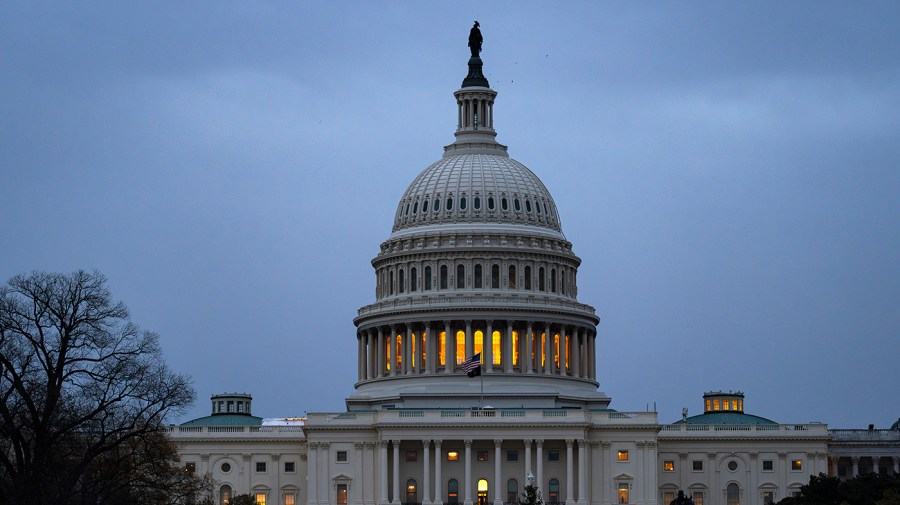Morning Report — World Leaders, GOP Lawmakers Ask: What Does Trump Want?
As President Donald Trump enters his second term, both international allies and Republican lawmakers are grappling with uncertainty over the administration’s policy direction and priorities. Recent statements and actions by Trump have sparked debates about the future of U.S. foreign policy, domestic agenda, and the role of Congress in shaping these initiatives.
Key Developments:
1. Foreign Policy Ambiguity
Trump’s recent comments on NATO, Greenland, and the Panama Canal have raised eyebrows among allies and lawmakers. While some view these statements as negotiation tactics, others worry about potential shifts in longstanding U.S. commitments.
2. Economic Policies
The administration’s push for global tariffs and economic nationalism has drawn both support and criticism from within the Republican Party. Some lawmakers express concern about potential trade wars and impacts on U.S. agriculture.
3. Project 2025 Alignment
Despite Trump’s public distancing from Project 2025 during the campaign, many of his early executive actions align closely with the initiative’s proposals. This has reignited debates about the administration’s long-term vision for government restructuring.
4. Congressional Response
Republican lawmakers are navigating a delicate balance between supporting the president’s agenda and maintaining traditional party positions on issues like free trade and international alliances.
Background and Analysis:
Trump’s approach to governance continues to challenge conventional political norms. His “America First” philosophy, combined with a willingness to question longstanding international arrangements, has created a dynamic policy environment. The alignment between Trump’s actions and Project 2025 proposals suggests a concerted effort to reshape federal agencies and policies. This includes potential changes to civil service rules, environmental regulations, and social policies.
Congressional Republicans, while generally supportive of Trump’s agenda, have shown willingness to push back on certain issues. For example, some GOP senators have expressed reservations about drastic changes to NATO or aggressive tariff policies.
Why It Matters:
The direction of U.S. policy under Trump’s second term will have far-reaching implications for both domestic and international affairs. Key areas to watch include:
– The future of U.S. alliances and international commitments
– Economic policy, particularly regarding trade and tariffs
– Domestic policy changes, including potential restructuring of federal agencies
– The balance of power between the executive and legislative branches
As the administration moves forward with its agenda, the response from Congress, particularly among Republicans, will be crucial in shaping outcomes. The ongoing tension between Trump’s desire for swift action and traditional legislative processes is likely to remain a defining feature of his presidency.
For a deeper dive into these issues, consider exploring the following topics:
– Project 2025 and its influence on Trump administration policies
– Congressional efforts to maintain oversight on foreign policy decisions
– The impact of tariff policies on U.S. businesses and international trade relations
– Debates within the Republican Party over the future direction of conservatism
By staying informed on these developments, citizens can better understand the complex dynamics shaping U.S. policy in the coming years.









